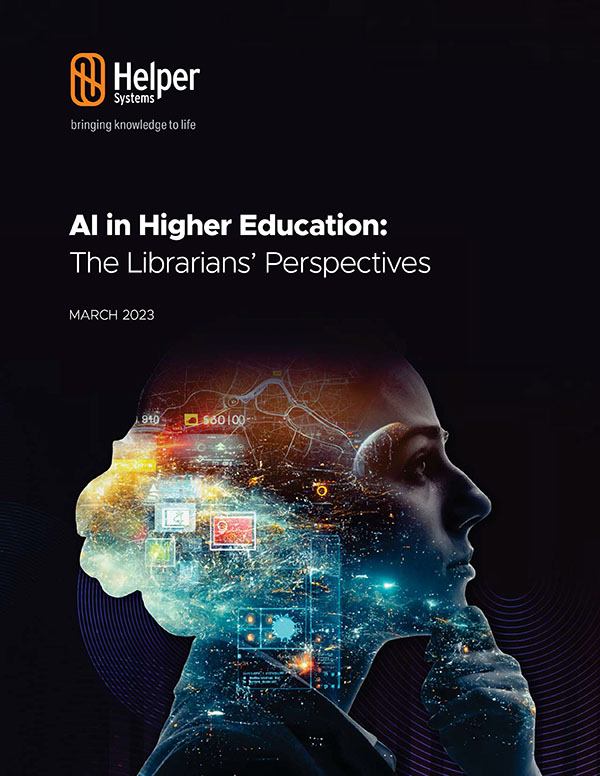Related
Shavonn Matsuda, head librarian at the University of Hawai‘i Maui College Library, was named a 2023 Library Journal Mover & Shaker for her efforts to incorporate traditional Hawaiian languages and cultures into the academic library and cataloging system to guide Hawaiian scholars and community members more efficiently and robustly. LJ recently followed up with her to learn more about her work.
Many librarians lauded the development of Open Access (OA) publishing models, which offered, at least initially, to help solve the problem of an unsustainable and inequitable scholarly communications ecosystem while simultaneously addressing a growing interest in diversity, equity, and inclusion (DEI). In the past year, the idea that, with appropriate guardrails, Artificial Intelligence (AI) can also play a role in changing scholarly communications has risen to the fore. But can OA, DEI, and AI ever live up to their promise of an affordable, equitable and sustainable publishing ecosystem?
Because Project MUSE believes that knowledge has the power to enrich lives and that a sustainable scholarly ecosystem is essential for advancing humanity, we partner with mission-driven publishers and libraries to curate dependable content and fuel interdisciplinary discoveries that benefit everyone.
This extensive database of previously unaggregated primary-source documents provides a view of the United States government’s documentation of a crucial period in U.S. and Indigenous history. A valuable resource for researchers seeking firsthand reports in U.S. political and military history.
While writing this post, nestled here in Baltimore, the world watched and witnessed the devastating collapse of the Francis Scott Key Bridge, after it was struck by a cargo ship. The bridge, a landmark here in Charm City, arched over the Patapsco River carrying more than 12.4 million commercial and passenger vehicles in 2023.
Academic librarians are helping both students and instructors navigate the rapidly evolving field of artificial intelligence.
While Project MUSE curates humanities and social science scholarship from around the world, we’ve witnessed the demand for Latin American books on the global market double since 2020. Yet they haven’t always been easy to access – until now.
In close collaboration with its customers and the broader community, Ex Libris develops solutions that increase library productivity, maximize the impact of research activities, enhance teaching and learning, and drive student mobile engagement.
It sounds like a story from Jack London or Jon Krakauer: In 1966, two men traveled down the Yukon River in Alaska by canoe to recover papers from abandoned cabins. Paul McCarthy and H. Theodore “Ted” Ryberg were concerned that the generation of former gold miners who came to Alaska in the late 19th century were dying off, and they wanted to preserve that piece of Alaska history. Those explorations would prove pivotal to the Alaska and Polar Regions Collections & Archives formally founded by McCarthy in 1965 at the Elmer E. Rasmuson Library at the University of Alaska, Fairbanks.
Do you know your orcs from your elves, and your witches from your warlocks?
Test your knowledge of the varied world of fantasy literature with this quick quiz!
This user-friendly Gale database contains primary sources from the 19th to 21st centuries that are sure to appeal to people interested in modern counterculture and social histories, along with progressive political and societal movements.
This Gale database offers a distinctive look into the history of American environmental conservation.
Libraries are incorporating collaboration, creativity, and a steadfast commitment to create accessible and inclusive spaces. Also, LJ looks at EBSCO's academic ebook accessibility findings.
In this episode of The Oxford Comment we spotlight two aspects of Native American culture that transcend tribe and nation and have been the recent focus of OUP scholars: language and religious beliefs.
Reference works contain entire worlds, arranged, indexed, and designed to support research and exploration. These aids—hefty both in physical form and in depth and resonance—provide new interpretations, offer access into decades of academic work, and foster fresh ways of thinking.
Free reference sources, vetted, smart, and endlessly useful, are a rich resource for scholars and students. Here are our five top picks for 2023.
Databases foster deep research, expansive reading, and a myriad of inquiry avenues. These 10 tools, covering food, Shakespeare, study skills, and much more, are our selections for the best databases of 2023.
For those ready to become frequent flyers in the upcoming year, our curated reading list features ten exceptional books that will ignite your wanderlust and serve as invaluable companions on your journeys. Whether you’re seeking inspiration, practical travel tips, or a deeper understanding of the world, these books have got you covered.
Ry Moran, associate university librarian for reconciliation at the University of Victoria, British Columbia, was named a 2023 Library Journal Mover & Shaker for his work bringing the university’s reconciliation department to fruition and developing a podcast called Taapwaywin, which means “truth” or “speaking truthfully” in Michif, a language of the Métis people. LJ recently touched base with Moran to learn more about his work with truth and reconciliation, and how the podcast is going.
With the rise of English as the world’s lingua franca, countries have adopted English in their own unique and fascinating ways. It is therefore more important than ever to record these words and phrases.
HeinOnline’s revamped, improved, and expanded iteration of Congress and the Courts provides a broader contextual foundation to analyze judiciary systems and actions.
The United States Geological Survey’s topoView offers access to maps in a way that's educational and entertaining.
Are you looking to broaden your book list? Why not try a book that doesn’t exist? Literature is full of fictional books – books which exist only in other books.
Promote critical thinking and informed discourse with Ground News - the revolutionary news comparison platform. Empower your students with the tools to discern facts from fiction and navigate media manipulation. Perfect for the upcoming election. Try Ground News today!
What did 2023 hold for academic libraries? What progress have we seen in the library sector? What challenges have academic libraries faced?
Since its founding in 1984, the University of Mississippi’s Blues Archive has collected virtually everything related to the Blues, from sheet music, concert tickets, and recordings to record label business files and even clothing. Thanks to a website revamp and a multiyear grant from the National Historical Publications and Records Commission (NHPRC) to digitize materials, this year the archive is starting its 40th anniversary in style.
Rhiannon Sorrell, assistant professor and instruction and digital services librarian at the Kinyaa’áanii Charlie Benally Library at Diné College in Arizona, was named a 2023 Library Journal Mover & Shaker for her work preserving and digitizing Native films and storyteller narration. We recently spoke with Rhiannon to find out more about what she’s working on.
This database project offers free, comprehensive, unprecedented access to three decades of material about Asian Pacific American history, culture, politics, and news, all published in AsianWeek.
Willa Liburd Tavernier, research impact and open scholarship librarian at the Herman B. Wells Library at Indiana University–Bloomington, was named a 2023 Library Journal Mover & Shaker for her work facilitating open educational resources and the development of open pedagogy projects. We recently spoke with Tavernier to find out more about these projects and what’s next for her.
Colleges and universities often have a hard time effectively showcasing their special collections for the general public. The University of Georgia’s Franklin College of Arts and Sciences has solved this challenge with an easy-to-use digital platform called Recollect.
Drawing from multiple disciplines, the Bloomsbury Food Library enables users to explore niche aspects of food history and their wider implications in historical and sociocultural contexts.
Gale Business: Plan Builder effectively helps budding entrepreneurs, experienced business owners, and nonprofits create realistic business plans and analyze their business concepts.
Steven Frost, associate chair of undergraduate studies for the Department of Media Studies at the University of Colorado–Boulder, was named a 2023 Library JournalMover & Shaker for their work collaborating with Boulder Public Library on its makerspace and Slay the Runway event. LJ recently spoke with Steven to learn more about these projects and what they’ve been up to since.
This year marks the 20th anniversary of Gale’s “Eighteenth Century Collections Online” (ECCO), the largest collection—32 million pages—of 18th-century books, pamphlets, periodicals, and other ephemera in the world. ECCO was revolutionary in providing researchers and students a text-searchable corpus at their desktops 24/7.
Gale Digital Scholar Lab empowers users to aggregate large sets of digital humanities archival data while taking tech setup out of the process.
ProQuest One Psychology is an invaluable tool that provides access to a comprehensive collection of multiformat materials centered on psychology and counseling curriculums.
Do you know your Shelley from your Poe? Have you read everything the Brontës wrote? Think you are an afficionado of Gothic literature? Take this quiz to see how well you really know your castles, ghosts, and scary stories.
It’s easy, as librarian-educators, to be overwhelmed and intimidated by the pace of technological change, as well as dismissive of the need for educating students and patrons about privacy on the assumption that they have fully embraced these technologies and likely don’t care. But the reality is that students do care about privacy, and want to be able to make informed, intentional choices about how they are known by and accessible to others.
Regina Gong was named a 2023 LJ Mover & Shaker for her work developing a student-centered Open Educational Resources (OER) program at Michigan State University (MSU) Libraries to help make education more accessible and equitable, especially for underserved populations. Since being named a Mover, she’s moved on to a position that’s providing her a wider range of diversity, equity, and inclusion (DEI) opportunities.
We asked Henrik Schmidt, Licence Manager from the Research Collaboration Unit at the National Library of Sweden, for his views on open access and the transformation of the research environment.
With new guidelines stating that by Dec. 31, 2025, all federally funded research should be made freely available to the public moving forward, the momentum toward open access publishing at colleges and universities is growing.
Whether building circulating collections on hot topics or aiding scholars engaged in deep inquiry, these 780+ recent and forthcoming titles, organized by category, address a wide range of reference needs.
Set to be updated this cycle, consider these 80+ databases and online products. Arranged by category, these resources range from titles on the arts to those on travel and tourism.
Magic tricks may be momentary, but the annals of performance magic leave a record, commenting on and reflecting the political, cultural, social attitudes of their day. Two collections, the University of Texas at Austin Harry Ransom Center’s Magic and Illusion collection and the American Museum of Magic’s Archives and Library, hold a wealth of information about magic and performers, with a focus on the 19th and 20th centuries.
Digitization projects in Maryland, Montana, and Houston, TX, present a glimpse of current trends in digital archives, as state and city libraries work to create collections that reflect local and regional history.
LJ’s database reviewers share their thoughts on databases that inspire, surprise, and offer new learning opportunities.
Support research and scholarship with these 50+ new and forthcoming databases and online products, organized by category.
From the first known caricature of Abraham Lincoln to a Pulitzer Prize–winning cartoon satirizing the Tammany Hall political machine, the Michael and Susan Kahn Political Cartoon Collection, now at UCLA, contains thousands of individual images, periodicals, books, and ephemera dating back to the late 17th century.
Recent announcements from Project MUSE, Clarivate, and other vendors, as well as Cornell's arXiv, the Bruce Springsteen Archives and Center for American Music at Monmouth University, and more.
Susan Ivey was named one of Library Journal’s 2023 Movers & Shakers for her work making data resources more accessible for researchers at North Carolina State University in Raleigh. We recently reached out to learn more about what that role requires from her and what benefits it provides the university’s researchers.
Research assessment, or the process that universities use to measure the value of published papers and other research outputs, plays a critical role in hiring, promotion, and tenure decisions. It can have a profound effect on the job stability and reputation of researchers.
Designed by and for higher-education teachers in Spain, Latin America, and the U.S., Platino Educa delivers access to hundreds of hard-to-find Spanish-language and Portuguese-language films.
The data for new academic library buildings and renovations featured in LJ's Year in Architecture 2023.
In 2022, librarians at Utah State University collected 58 survey responses and conducted 10 interviews with high school librarians and teachers in Utah to better understand information literacy instruction happening within our high schools. Along with investigating the skills being prioritized, our study looked at how teachers and librarians are collaborating as fellow educators.
Students learn invaluable skills they can apply in a variety of settings and applications. Across the nation, there has been renewed debate over the value of humanities degree programs as campus leaders look to overcome steep budget challenges.
With its sophisticated search capabilities, support for primary-source literacy, and singular collections of primary-source material, this resource is a must-have for libraries supporting historical and political research of far-left political movements.
This first-rate resource is for anyone who wants to know more about the history, development, and evolution of educational policy, practice, and theory over the last century. Teachers, educational administrators, and policymakers will also benefit.
Every year, Peer Review Week honors the contributions of scientists, academics, and researchers in all fields for the hours of work they put into peer reviewing manuscripts to ensure quality work is published. This year, the theme of Peer Review Week is “The Future of Peer Review. ”But what actually is peer review?
Eileen Rhodes was named one of Library Journal’s 2021 Movers & Shakers for her work bringing Open Educational Resources to Capital Community College in Connecticut, enabling students who struggled with the cost of textbooks to continue pursuing their degree. We recently reached out to Rhodes and learned she’s currently the interim library director for Connecticut State Community College, a role that’s shifted her priorities and sent her in new directions.
Research data are the underlying evidence that supports the claims made in scholarly publications, and making these data publicly available is a fundamental aspect of open access publishing. Yet, owing to a number of obstacles—some real, some perceived—many researchers are reluctant to share their data with the broader research community.
In this blog post, we share tips from editors and outline some ideas to bear in mind when drafting a journal article. Whether you are writing a journal article to share your research, contribute to your field, or progress your career, a well-written and structured article will increase the likelihood of acceptance and of your article making an impact after publication.
Oxford University Press (OUP) is launching Oxford Intersections, a new resource combining original research from multiple academic disciplines centred on a complex global topic.
The OSTP memo has important, and far-reaching, implications for how universities and other institutions share their research findings with the public moving forward. While it will advance the future of open-access publishing significantly, it also will impose many challenges on the academic community.
There is huge excitement about ChatGPT and other large generative language models that produce fluent and human-like texts in English and other human languages. But these models have one big drawback, which is that their texts can be factually incorrect (hallucination) and also leave out key information (omission).
Bloomsbury Open Collections is a collective-action approach to funding open access books which is currently in its pilot phase. Through this model, we are aiming to make open access publication available to a wider range of authors by spreading the cost across multiple organizations, while providing additional benefits to participating libraries.
Often, medieval book bindings—as many as one in five from the 15th and 16th centuries—are reinforced with fragments of pages from older printed volumes that bookbinders considered obsolete. Without the option of dismantling precious books to reveal the fragments, specialists turn to x-ray technology to reveal words that have been hidden from view for hundreds of years. A team at the University of Iowa recently used familiar medical technology—a computerized tomography (CT) scanner—to do just that.
Explore the breadth and variety of fashion across these different cultures through our selection of free articles, chapters, business cases, images, and videos.
While many library collections and archives start with a gift of materials from a donor, sometimes a collection originates with a forward-thinking librarian and curator. Thanks to Hal W. Hall, special formats librarian at Texas A&M University (TAMU) Library from 1970 to 2010, TAMU is now home to the Science Fiction and Fantasy Research Collection at Cushing Library.
Learn from The Arden Shakespeare Fourth Series general editors how different versions of Shakespeare’s plays can significantly alter their interpretation, and explore how Drama Online’s resources can support understanding of different textual interpretations through the play scenes and book chapters.
AM’s most recent archive is the first in a planned two-module collection that highlights the political, social, and cultural upheaval in Laos, Cambodia, and Vietnam.
AM’s database Africa and the New Imperialism covers the history of European colonial expansion in Africa during the late 19th and early 20th centuries. It’s a valuable addition for institutions seeking to expand their collection of primary source offerings on African history and European colonialism during this time period.
The most recent Ithaka S+R U.S. Library Survey shows that 67 percent of academic library directors indicate strategies that specifically address ensuring the accessibility of the library’s physical and digital collections are a high priority in their DEIA (diversity, equity, inclusion, and accessibility) efforts. How can we continue to foster support for—and innovation in—equitable access to library services and resources?
In this featured content, we highlight five music traditions from around the world, to offer an insight in to the cultures and the people that created them.
Most libraries don’t own their own ebooks. This shouldn’t come as a surprise to LJ readers, yet it’s a statement that continues to confound elected officials and administrators who get an astounding amount of say in how much money public and academic libraries are allotted. This is one of the reasons I, along with my coauthors Sarah Lamdan, Michael Weinberg, and Jason Schultz at the Engelberg Center on Innovation Law & Policy at New York University Law, published our recent report, The Anti-Ownership Ebook Economy: How Publishers and Platforms Have Reshaped the Way We Read in the Digital Age.
Explore how the punk aesthetic shifted from the sidewalk to the catwalk through our selection of free articles, chapters, images and videos.
Emma Molls, currently the director of open research and publishing for the University of Minnesota Libraries, was named a 2021 Library Journal Mover & Shaker for their work with open research. LJ followed up with Molls to learn what they’ve been up to since then.
Reference librarians in small academic libraries do a little of everything, from seeing synergies to creating workarounds for staff, collection, facilities, and budget gaps.
Great data stories thrive at the intersection of information and emotion, and a handful of approaches can help library staff interpret data in memorable ways for advocacy using data storytelling. Data storytelling for libraries is in demand. The IMLS-funded Data Storytelling Toolkit for Librarians (DSTL) planning grant project guides users through advocacy arguments, data as evidence, audience attitudes, and narrative strategies to produce a tailored guide for crafting an effective data story.
The Digital Transgender Archive (DTA), based at Northeastern University in Boston, has been bringing together transgender archival materials from institutions of higher education and grassroots collections to a central digital location since 2016. Seven years in, the DTA has collaborated with 76 organizations (with more likely to come on board) to build the archive with more than 10,600 items from around the world, focusing on materials originating prior to 2000.
Panorama collects information from disparate sources such as ILS, SIS, and ERP software and merges different data sets into one platform for easy analysis and reporting. The platform includes an IPEDS Data Dashboard that automatically pulls the information required for institutional IPEDS reporting into one simple location, saving staff countless hours of work.
Dr. Shannon Jones, director of libraries and professor at the Medical University of South Carolina–Charleston, was named a 2021 Library Journal Mover & Shaker for her significant commitment to mentoring other library workers in medical and academic librarianship, as well as creating a Medical Library Association book club focused on books discussing diversity, equity, and inclusion. LJ recently talked with her to learn what she’s been doing since then.
With the onslaught of pressures facing librarians today, how are library and information science programs preparing the next generation of graduates?
Currently only three American research universities have anthropology libraries: Harvard, University of Pennsylvania, and University of California (UC)–Berkeley. This could change as early as 2025, when Berkeley plans to close its George and Mary Foster Anthropology Library and disperse the library’s collections throughout the rest of the university’s library system.
For library professionals, keeping up with a constantly changing information landscape can be demanding. A master’s in library and information science (MLIS) degree program prepares librarians with the skills they’ll need to navigate this shifting landscape successfully, both now and in the future.
From James Joyce to Virginia Woolf, the first half of the twentieth century was a fascinating time for poetry, prose, and drama—but how well do you really know the writing? Try our short, fun quiz to test your knowledge on some of the period’s prominent writers, and you may just find some new texts for your to-read list!
Bibles have had a long history at our Press; in fact, Oxford’s Bible business made OUP a cornerstone of the British book trade, and, ultimately, the world’s largest university press. When you’ve been in the Bibles business for this long, you’re bound to have some interesting anecdotes.
The Civic Data Education Series is an educational program for library workers to better support their civic data literacy and participation in their civic data ecosystems. Following the development of this program, Jane Thaler (Perot Museum of Nature and Science, Dallas), Eleanor Mattern, and Marcia Rapchak (both of University of Pittsburgh) shared their instructional design process and first round of evaluation in the proceedings of the 2022 Association of Library and Information Science in Education Annual Conference.
Skynet. HAL 9000. Ultron. The Matrix. Fictional depictions of artificial intelligences have played a major role in Western pop culture for decades. While nowhere near that nefarious or powerful, real AI has been making incredible strides and, in 2023, has been a big topic of conversation in the news with the rapid development of new technologies, the use of AI generated images, and AI chatbots such as ChatGPT becoming freely accessible to the general public.
In Shavonn-Haevyn Matsuda's MLISc program at the University of Hawai‘i at Mānoa, she focused on examining and challenging inadequacies of access in information systems and library services. Later, after becoming head librarian at the University of Hawai‘i Maui College Library, Matsuda’s doctoral research investigated creating a system of information for Hawaiian archives and librarianship.
Willa Liburd Tavernier was an attorney in the British Virgin Islands (BVI) when she entered the MA program at the University of Iowa, aiming to lead knowledge-management initiatives at her law firm. Toward the end of the program, hurricanes Irma and Maria ravaged the BVI. Unable to return, she applied to U.S. academic library residency programs and received an offer from Indiana University–Bloomington, where she’s been ever since.
After completing her MLIS at the University of Rhode Island in 2014, Rhiannon Sorrell, a member of the Dineì (Navajo) nation, returned to reconnect with her community and deepen her work. As instruction and digital services librarian at Diné College—the first tribally governed and accredited college in the United States—Sorrell has taken on projects that dive deeply into Navajo language and culture.
At the University of Victoria, Ry Moran has brought his experience to the libraries’ work of reconciliation, decolonization, and understanding Indigenous history, supporting students and faculty through a range of initiatives. The most recent of these is hosting and producing a podcast, Taapwaywin, which means “truth” or “speaking truthfully” in Michif, a language of the Métis people.
While serving as Open Educational Resources (OER) and Student Success Librarian at Michigan State University (MSU) Libraries, Gong launched a student-centered OER program in 2019 to address the overwhelming barriers of affordability and access students faced. At the time, fewer academic libraries utilized free open learning, teaching, and research materials.
For researchers at North Carolina State University, computing and data resources are plentiful. However, finding and employing the right tools for a particular project can be challenging, whether for a researcher still in the planning or discovery phases of a project or an administrator. Susan Ivey’s mission as director of the new Research Facilitation Service: Cut through that confusion.
The Librarian Parlor (aka LibParlor), which Chelsea Heinbach cofounded and operates with Nimisha Bhat, Hailley Fargo, and Charissa Powell, is a platform for library workers and LIS students to ask questions, discuss issues, and share expertise on developing, pursuing, and publishing library research. The project was conceived when Heinbach attended her first large library conference and encountered likeminded library workers who also felt the need for a centralized meeting place.
Oxford University Press (OUP) has announced a new agreement with the Partnership for Academic Library Collaboration & Innovation (PALCI). Under the agreement, more than 500,000 users at PALCI’s member institutions will benefit from increased access to OUP’s high-quality scholarly content via Oxford Scholarship Online (OSO).
Robin Davis, associate head of user experience at North Carolina State University Libraries, was named a 2022 Library Journal Mover & Shaker for her innovative work to make libraries accessible for all, including the development of sensory maps. LJ recently reached out to learn more about what she’s been doing since then.
The world of sports has long been a contested playing field for social change. When Althea Gibson became the first Black athlete to win a major title in 1956, she shocked the tennis world and reshaped the world of athletics as well as the possibilities that exist for women everywhere.
Many academic librarians believe context matters when artificial intelligence (AI) tools such as ChatGPT are used by students and faculty to assist with their work, according to “AI in Higher Education: The Librarians’ Perspectives,” a recent survey of 125 librarians published this month by Helper Systems. While only eight percent of respondents said that they believe it is cheating when students use AI products for research—compared with 49 percent who said it was not—42 percent said that it was “somewhat” cheating.
ALREADY A SUBSCRIBER? LOG IN
We are currently offering this content for free. Sign up now to activate your personal profile, where you can save articles for future viewing
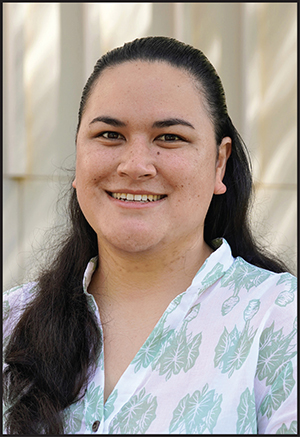
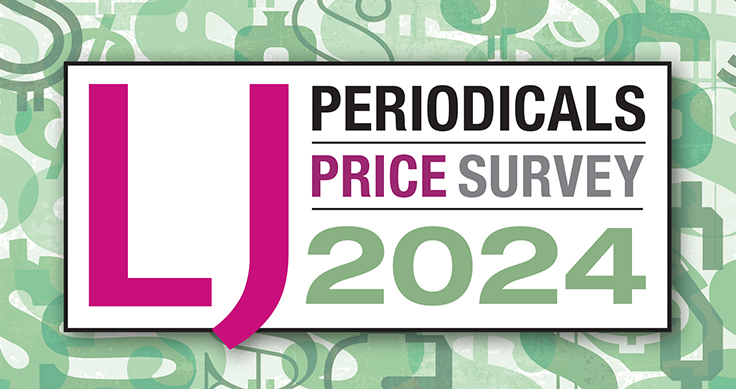

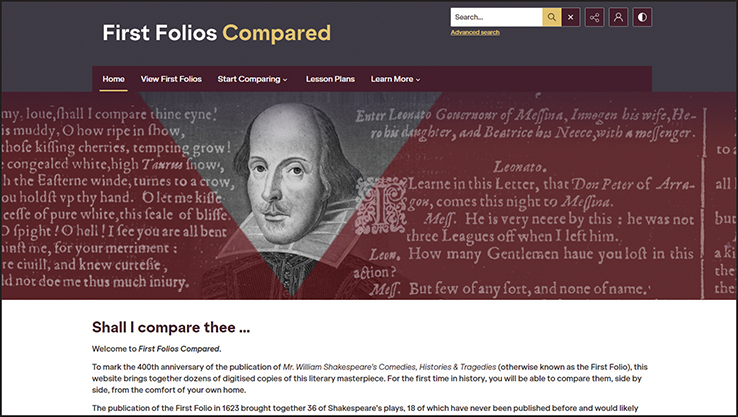
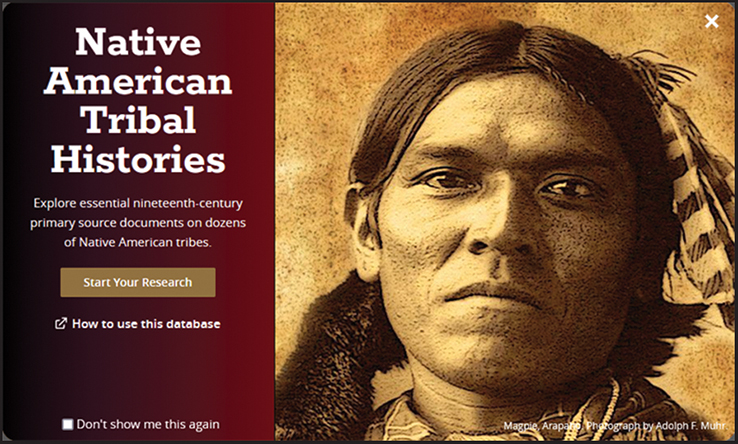




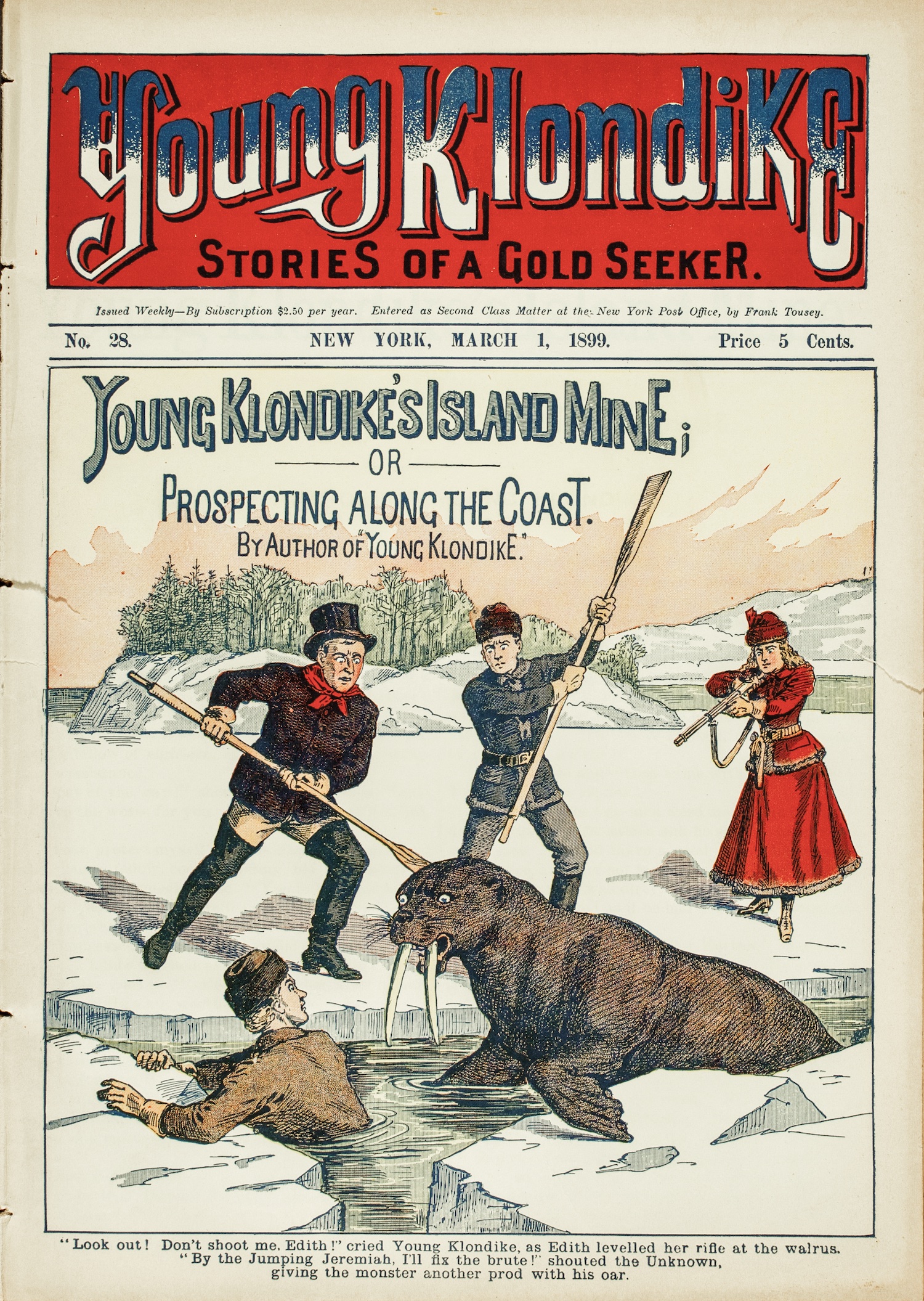

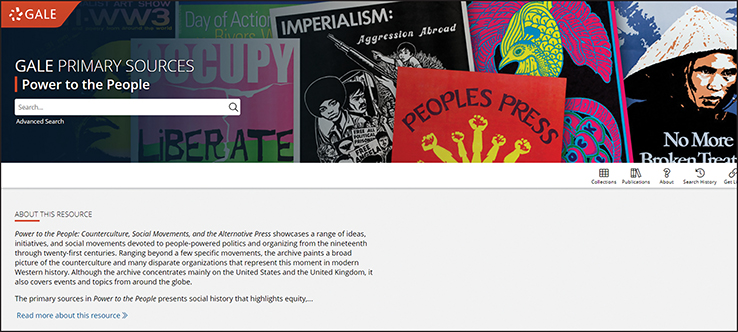
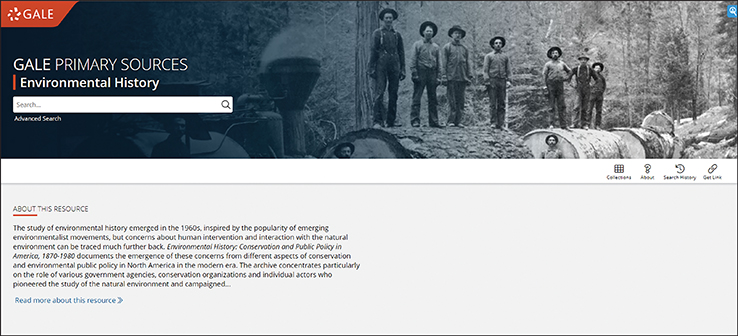
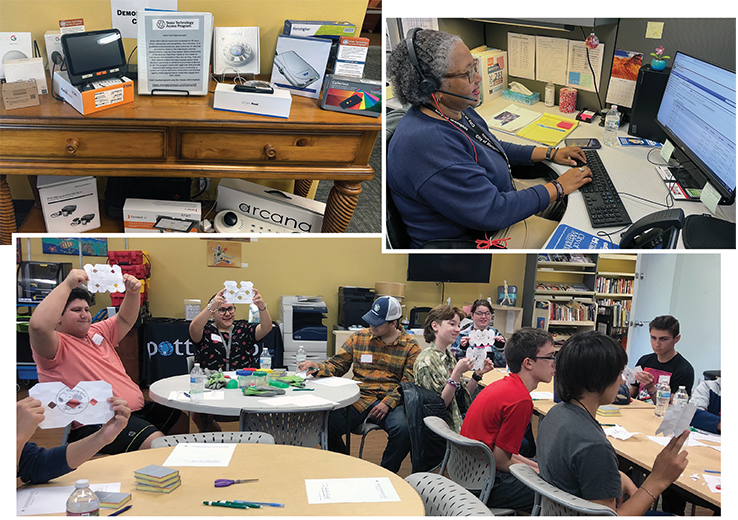
![A Spotlight on Native American Language and Religion [Podcast]](/binaries/content/gallery/Jlibrary/lj-sponsored-images/oxford-university-press/topic-channel-2024/toc-ep-89-featured-image.jpg)
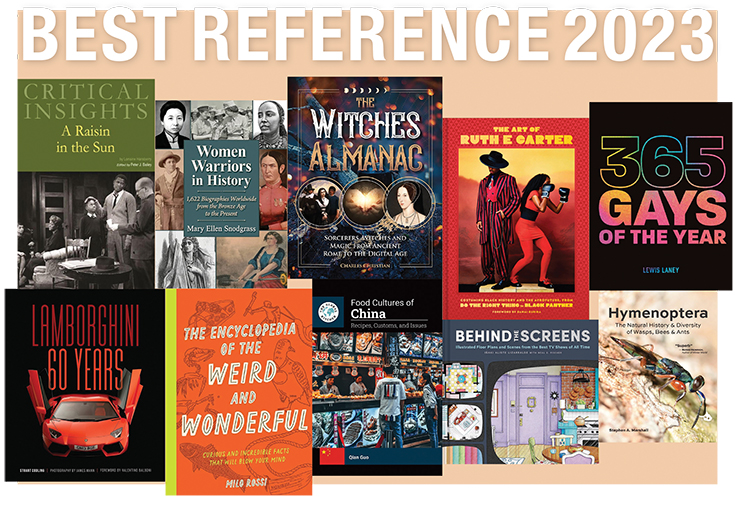
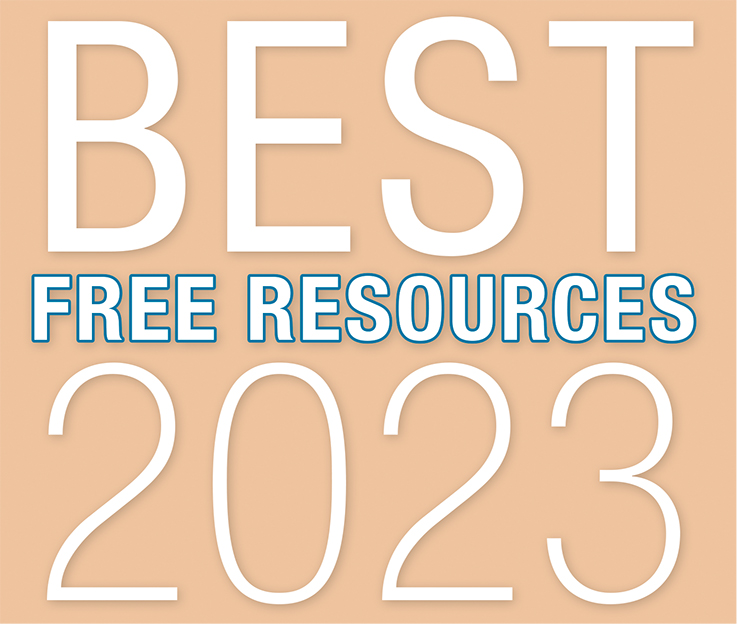
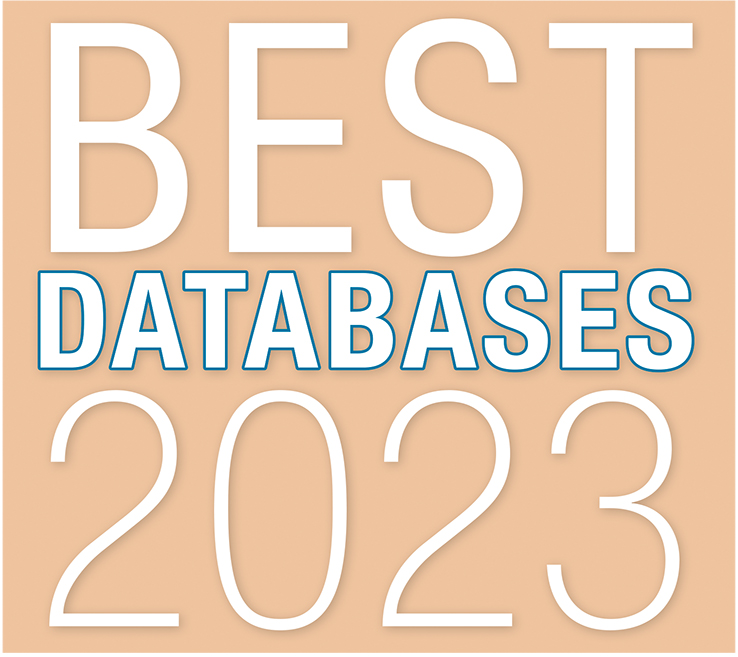
![Your 2024 Travel Guide [Reading List]](/binaries/content/gallery/Jlibrary/lj-sponsored-images/oxford-university-press/topic-channel-2024/travel-feature_4002-2650303_1280-1.jpg)
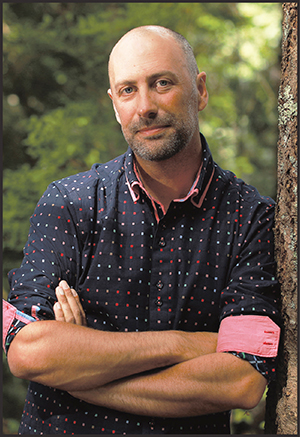

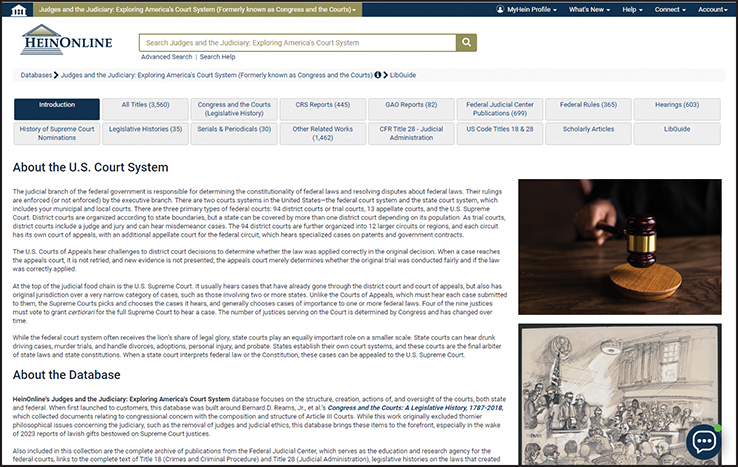
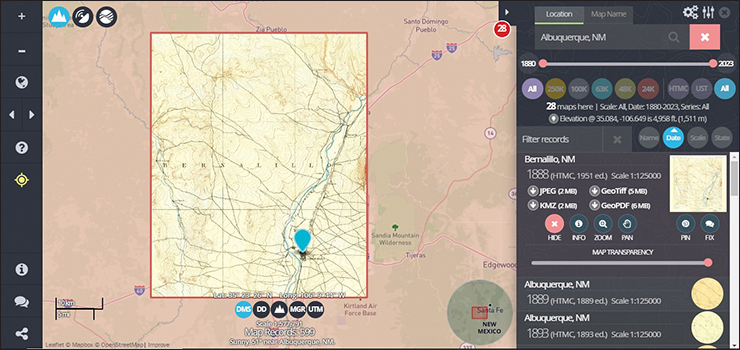
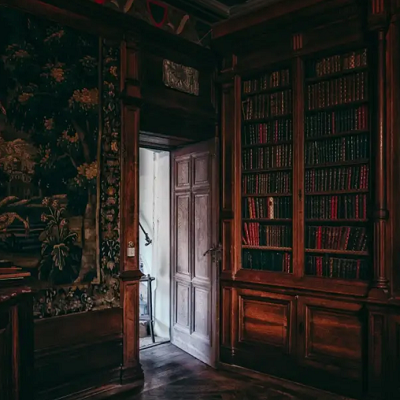
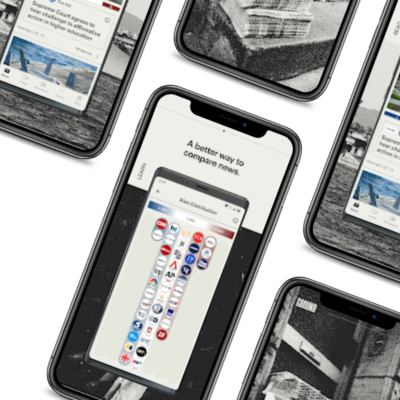

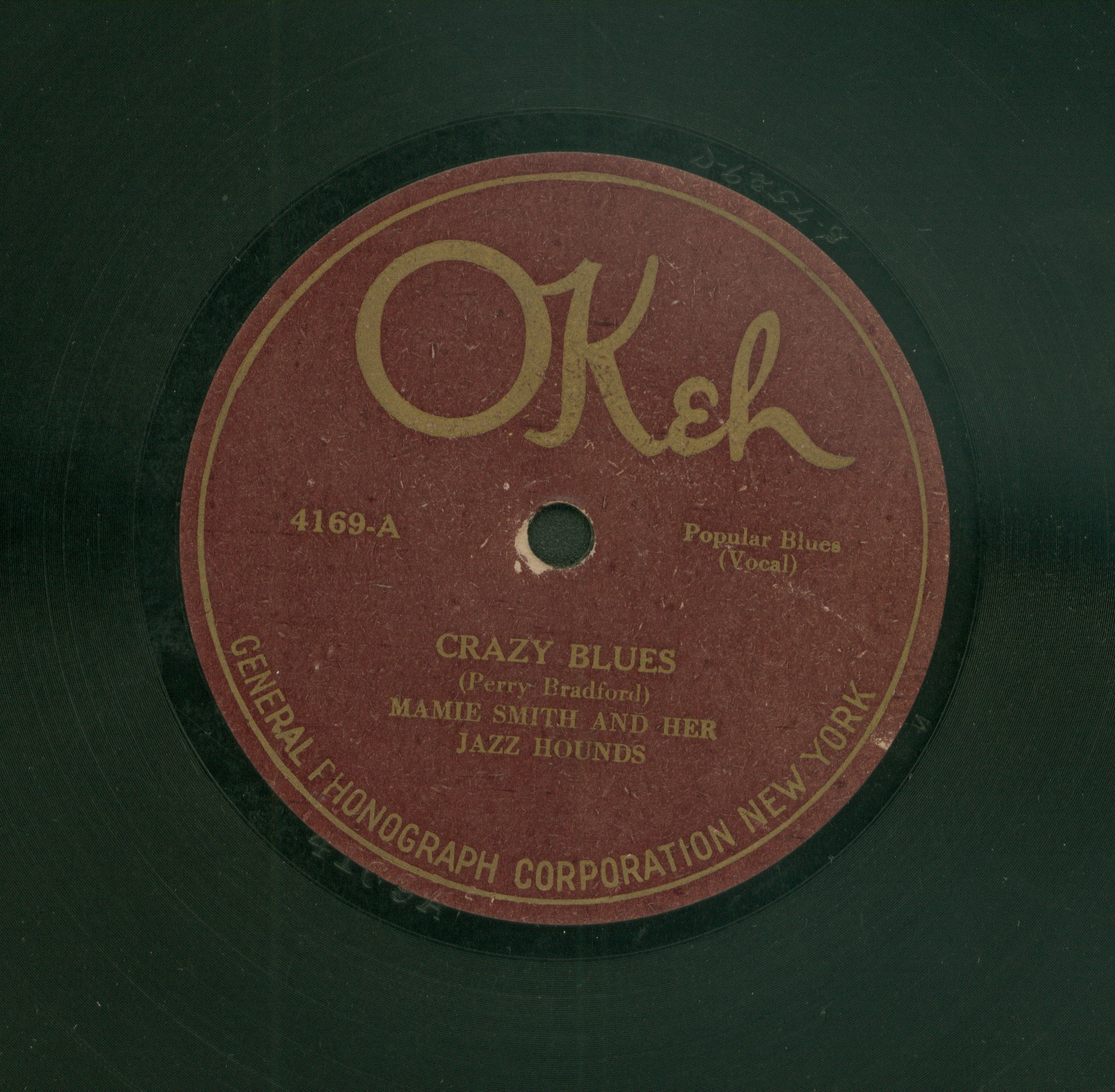
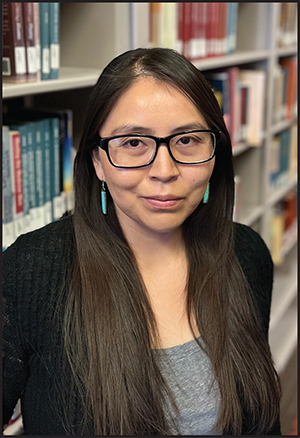
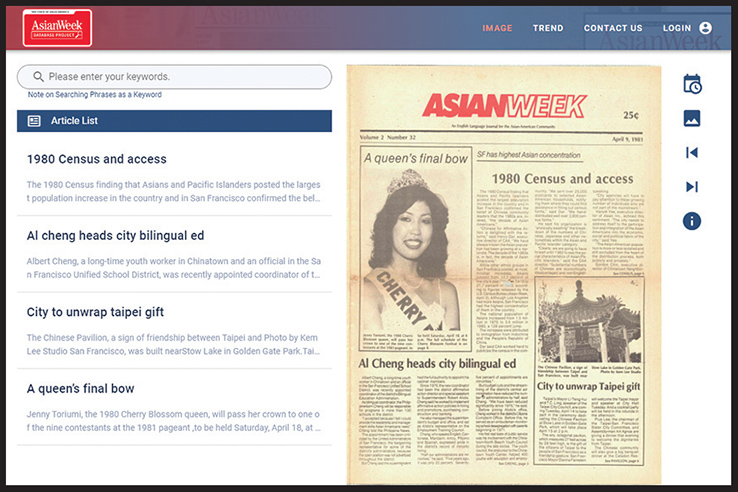
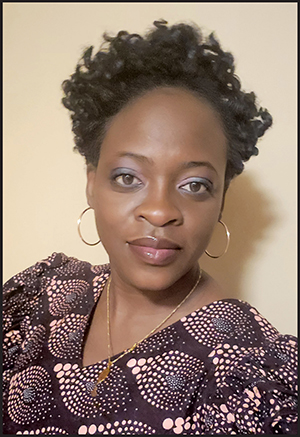

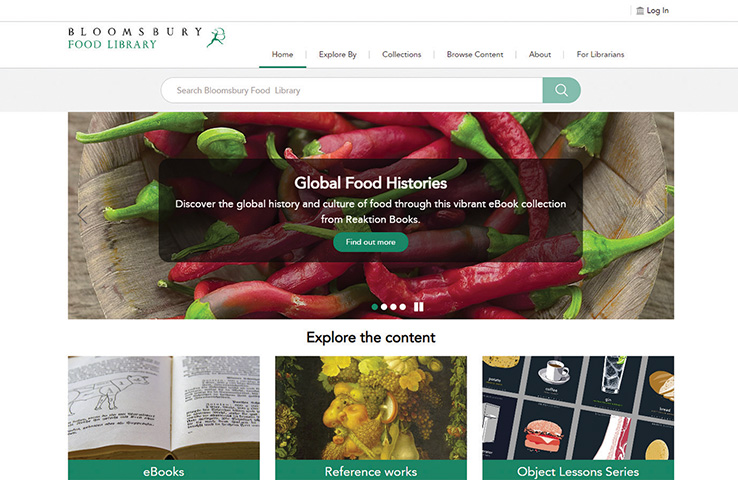
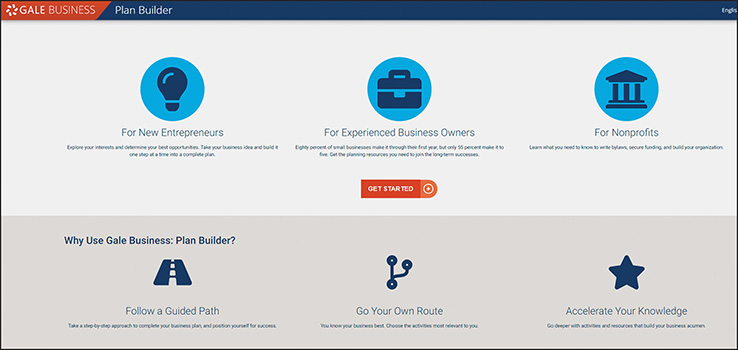
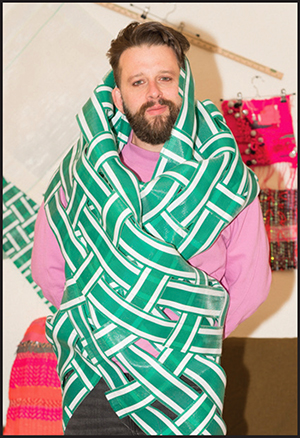
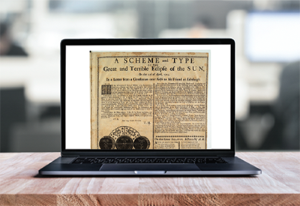
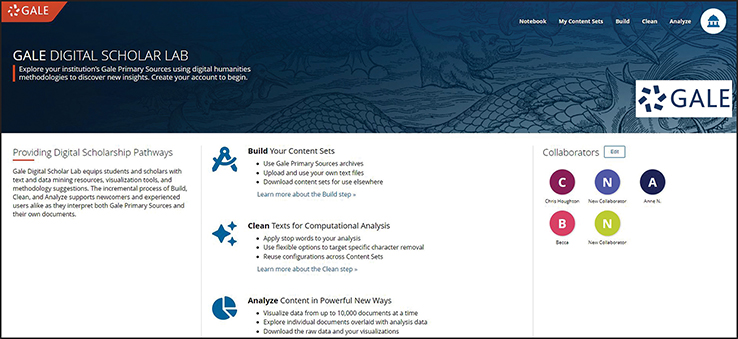
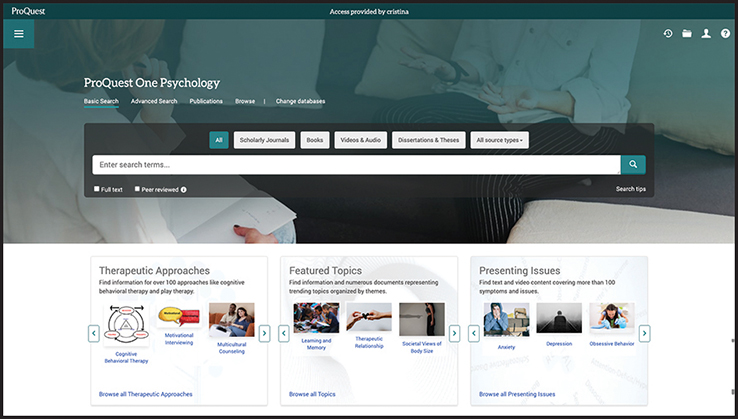
![Test Your Knowledge of Gothic Literature! [Quiz]](/binaries/content/gallery/header-image-oup-blog-gothic-literature-quiz_240x240.jpg)
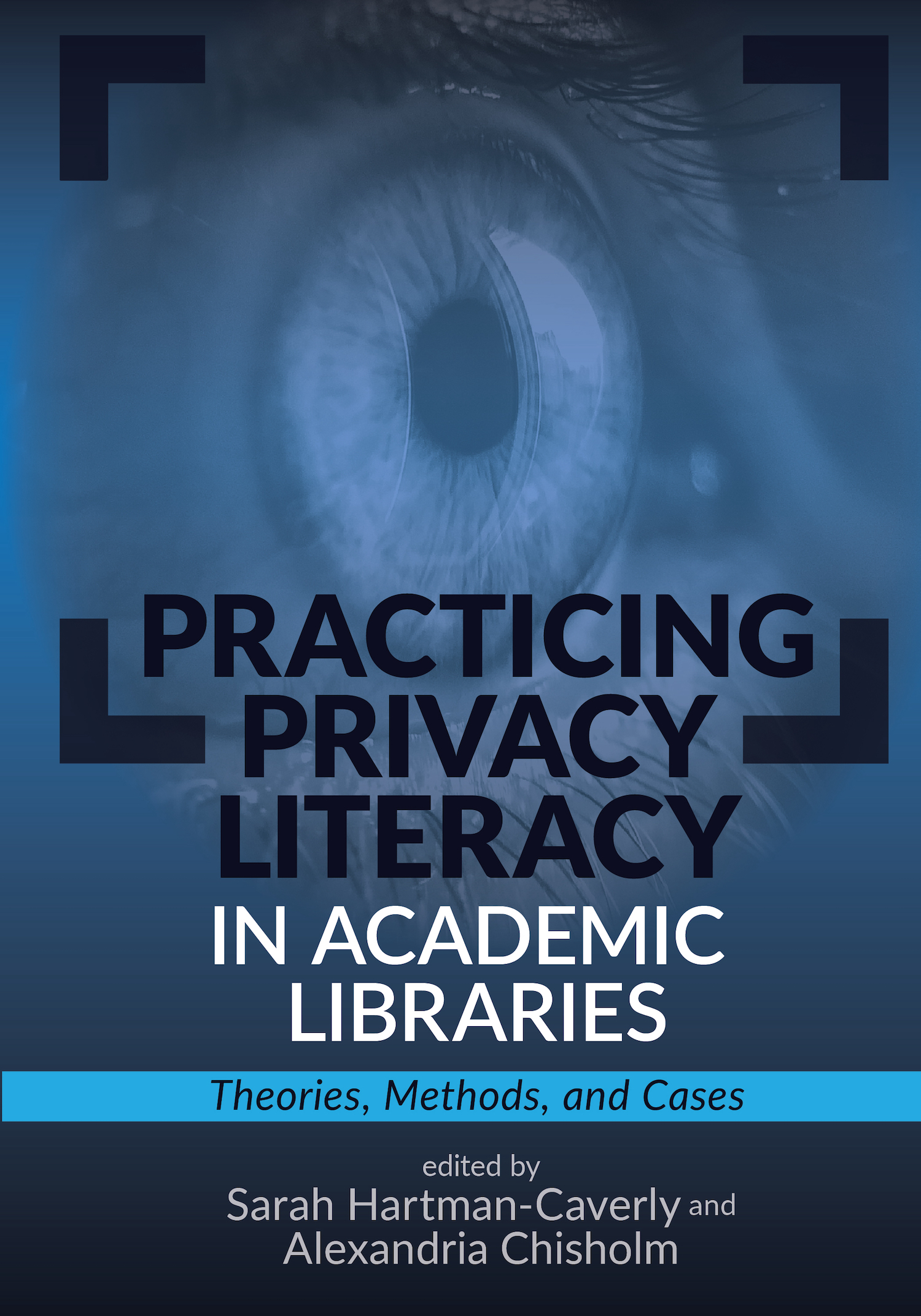
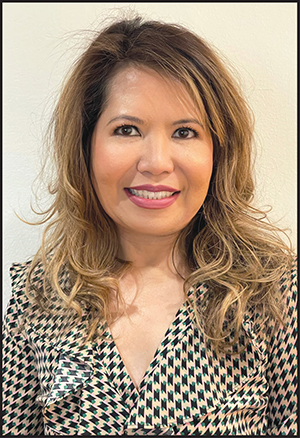
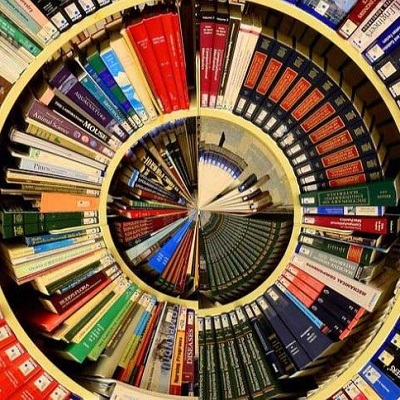
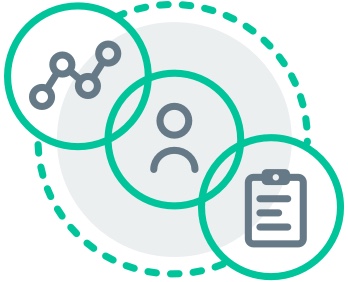
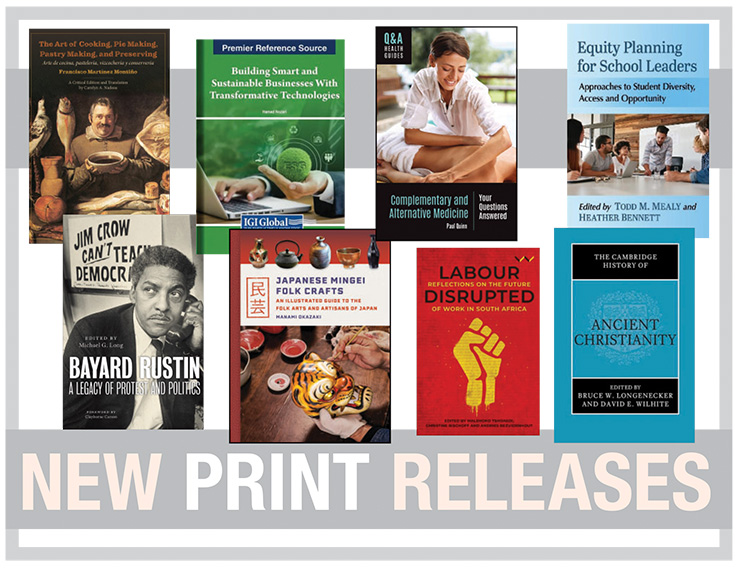
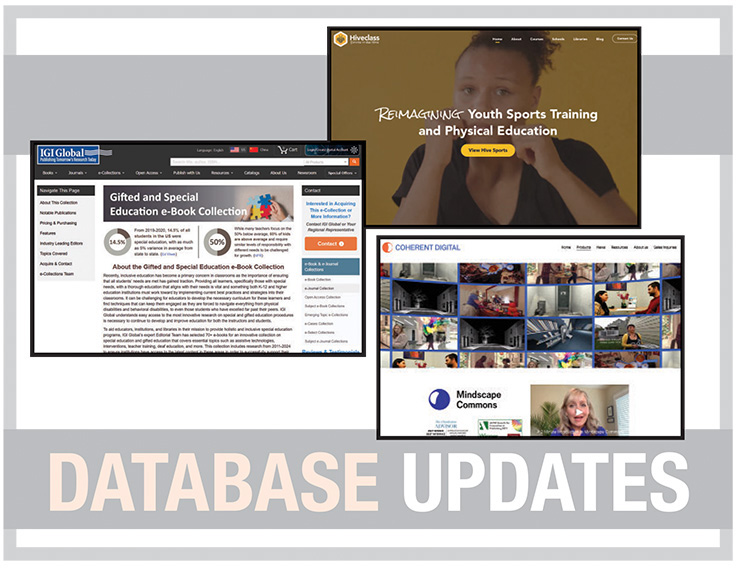
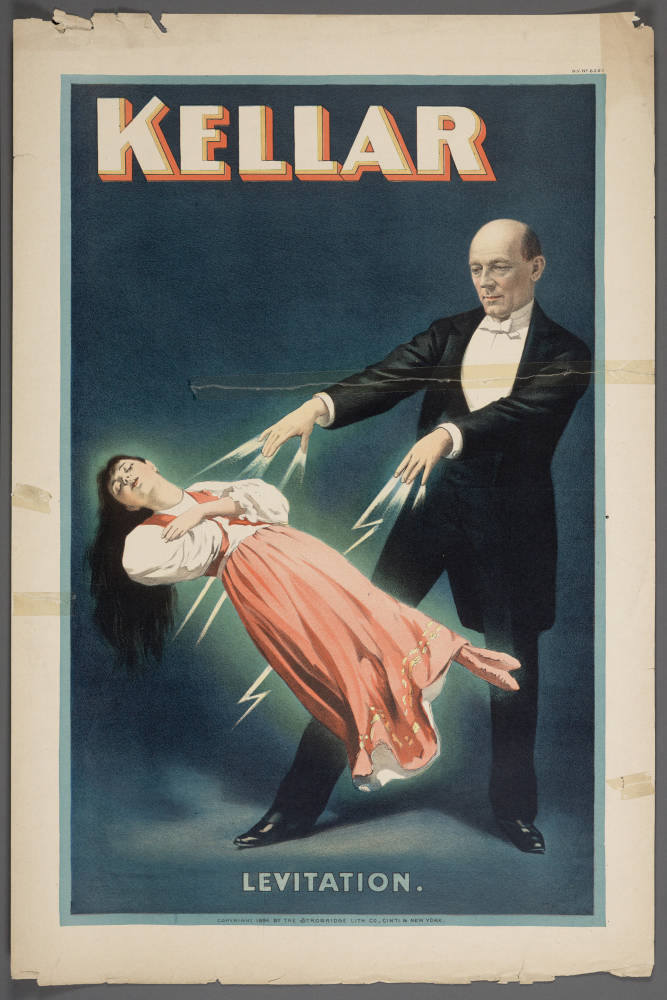
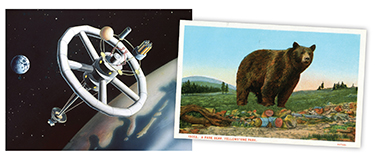
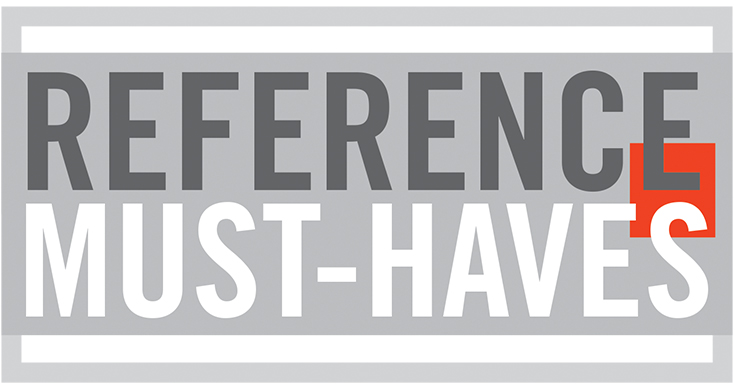
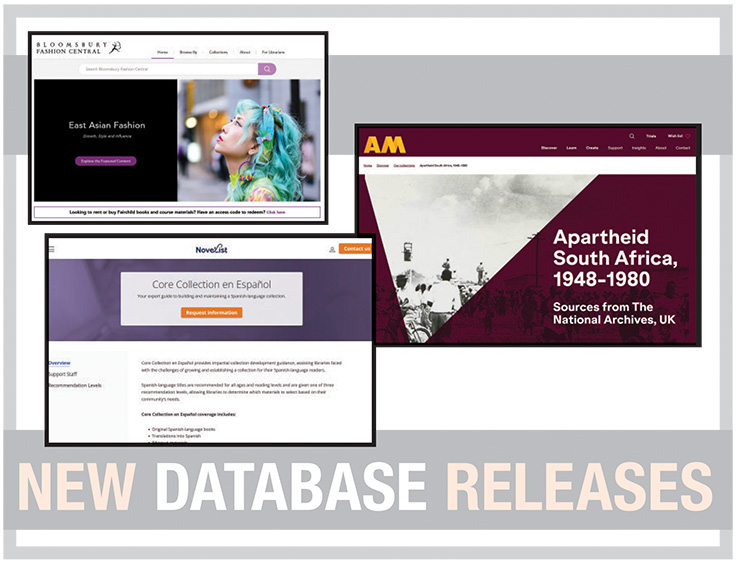
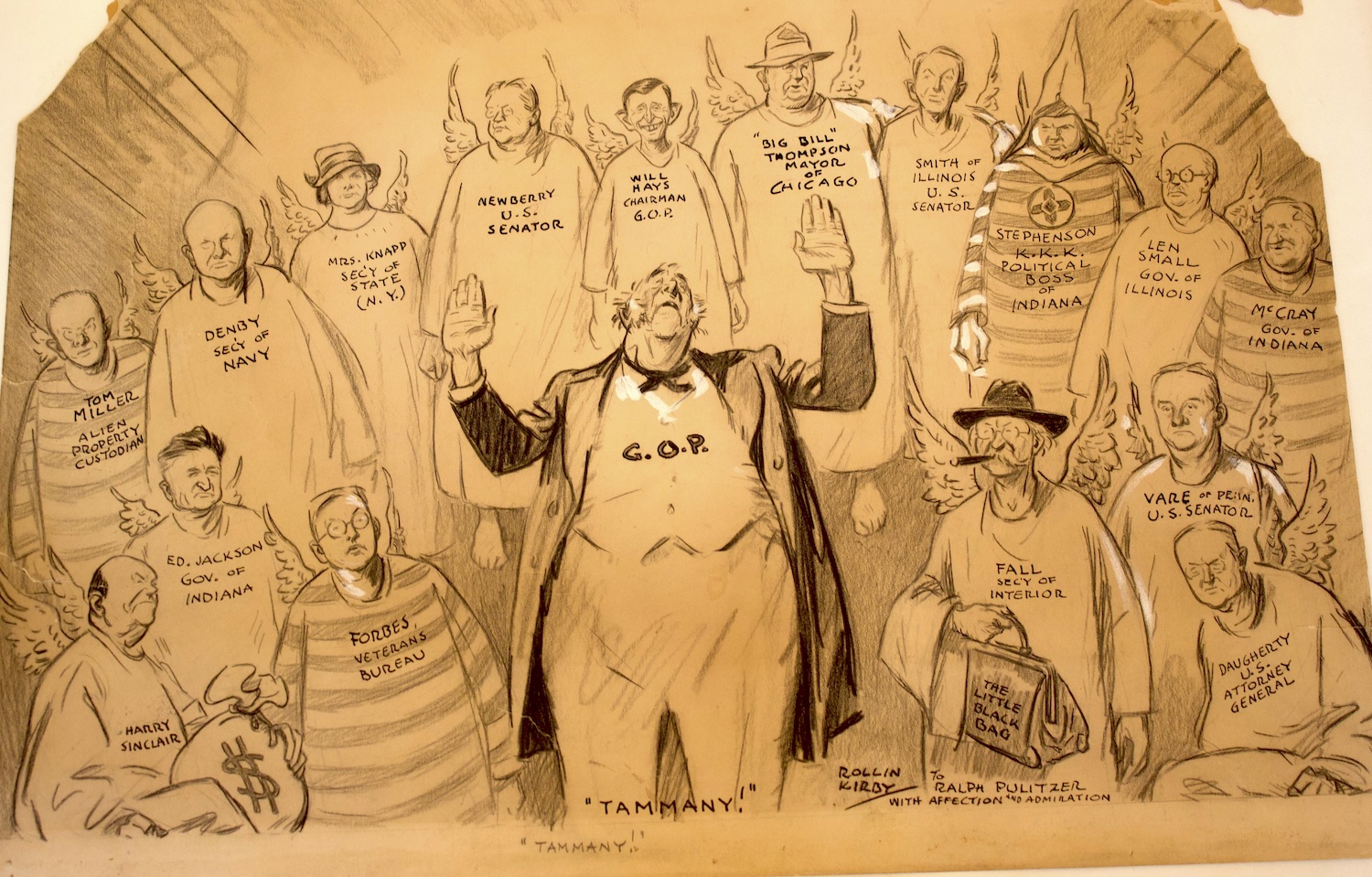
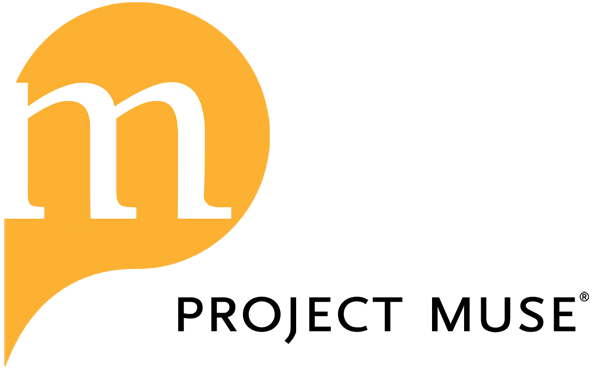
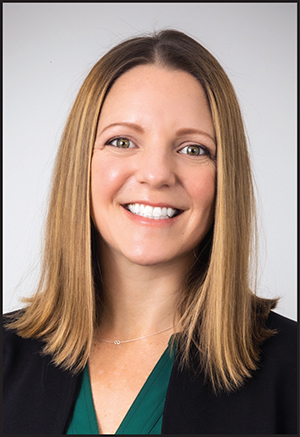

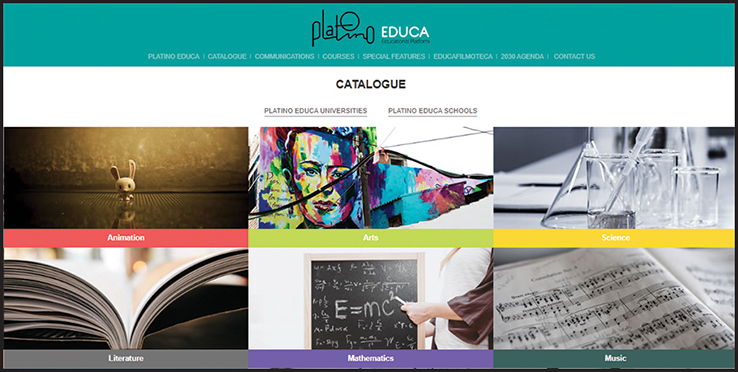

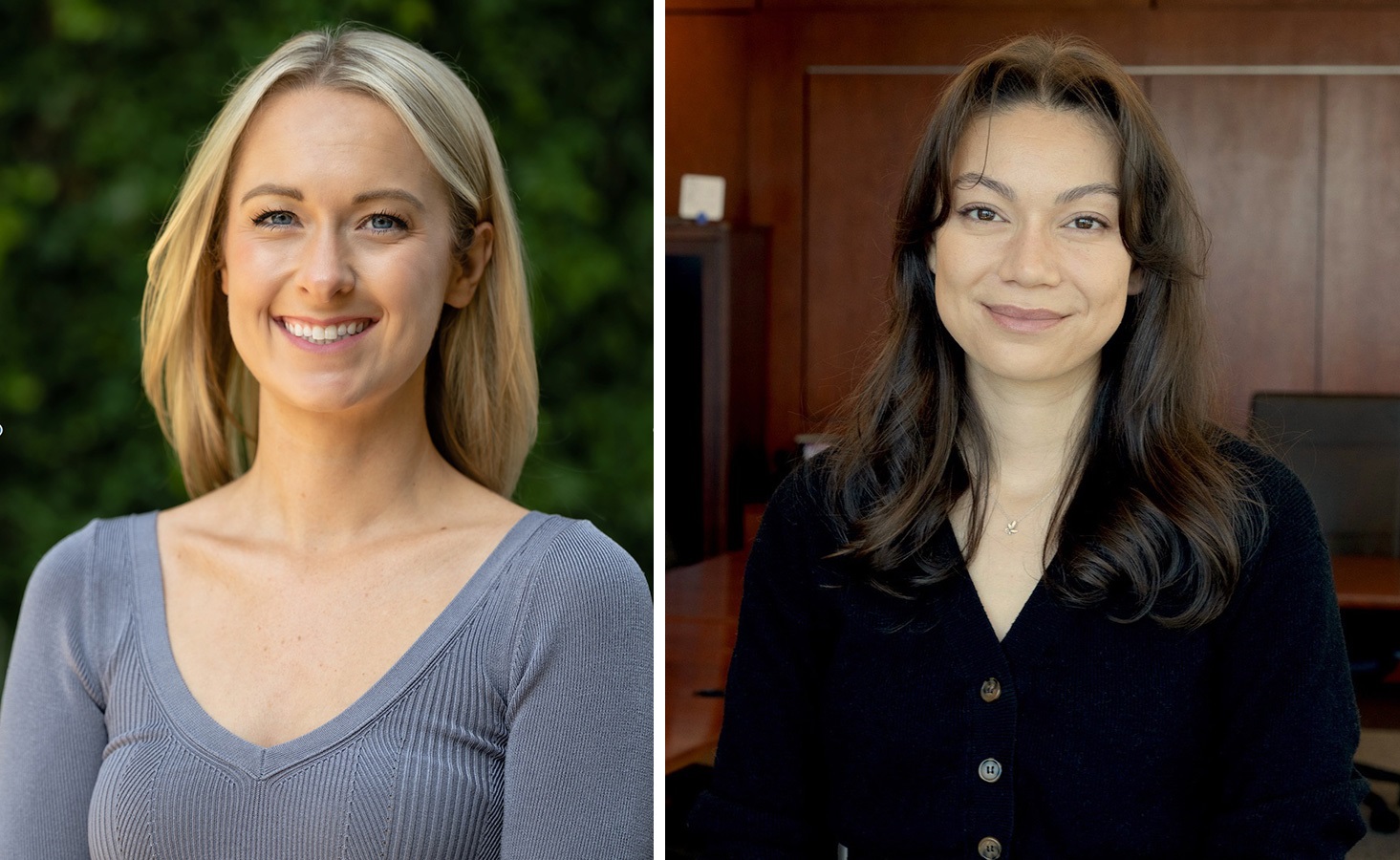

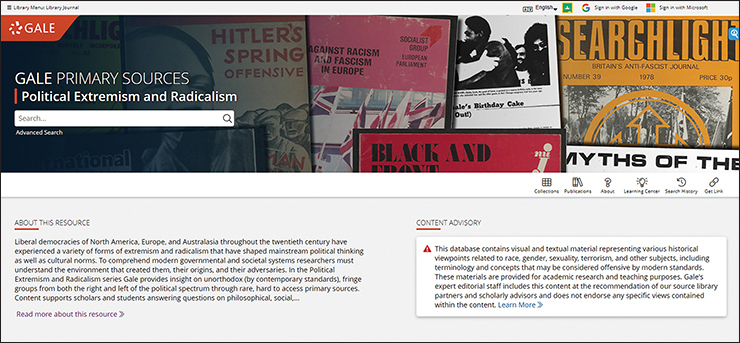
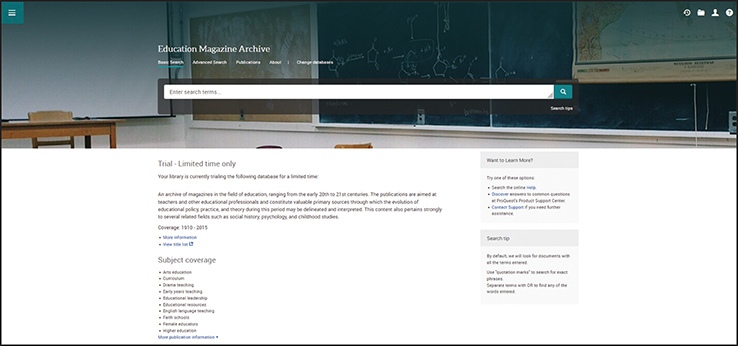
![Supporting the Future of Peer Review [Podcast]](/binaries/content/gallery/Jlibrary/lj-sponsored-images/oxford-university-press/rev-400_oxford_background_the-oxford-comment-ep-87-featured-image.jpg)
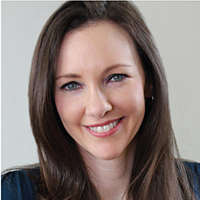
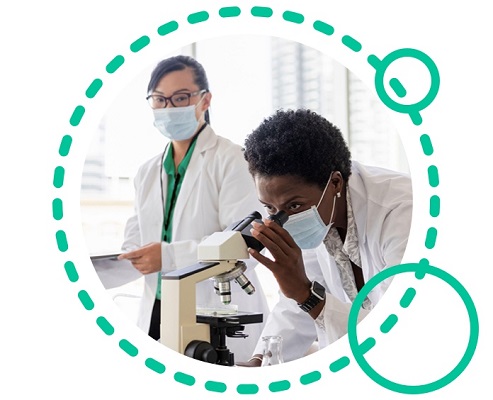

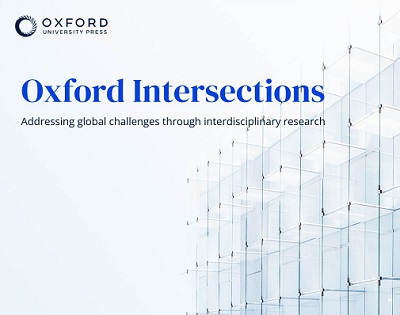
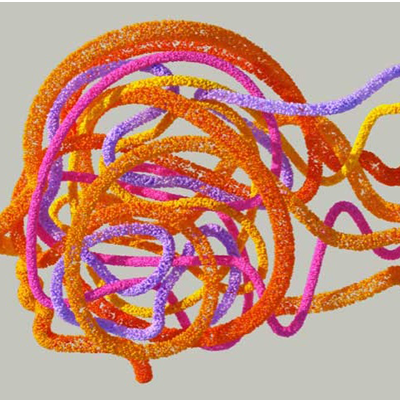
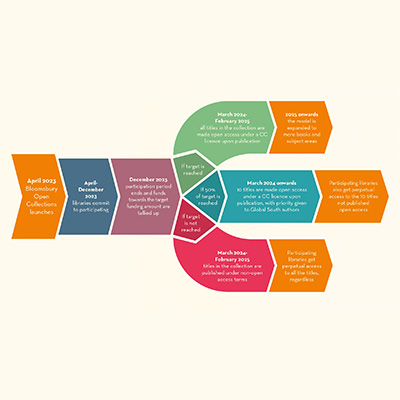
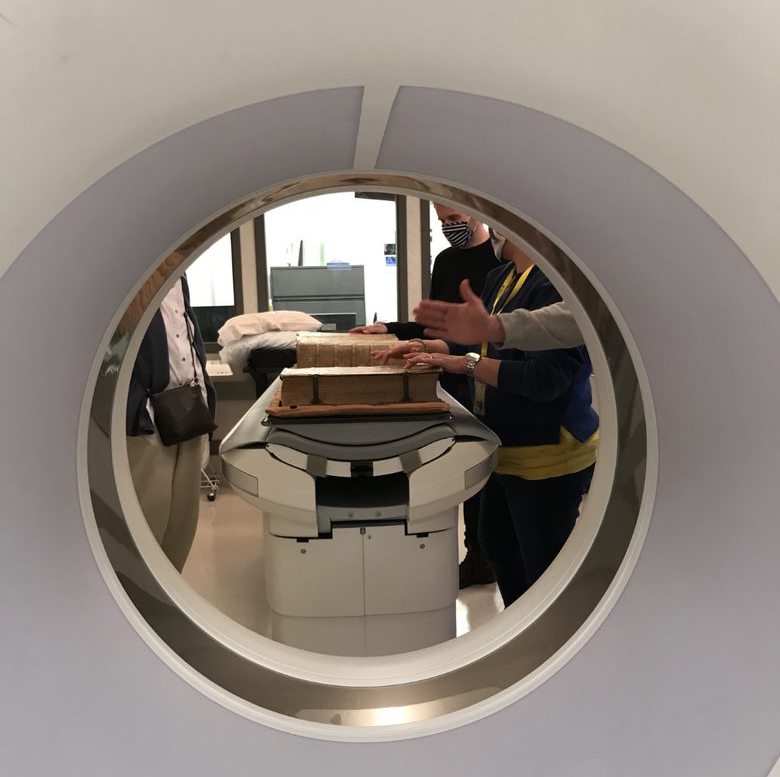

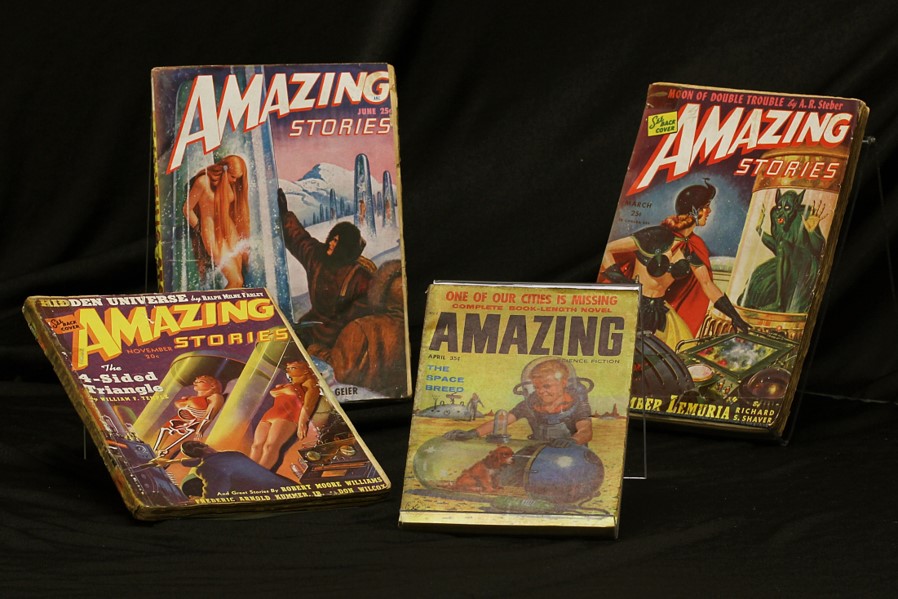

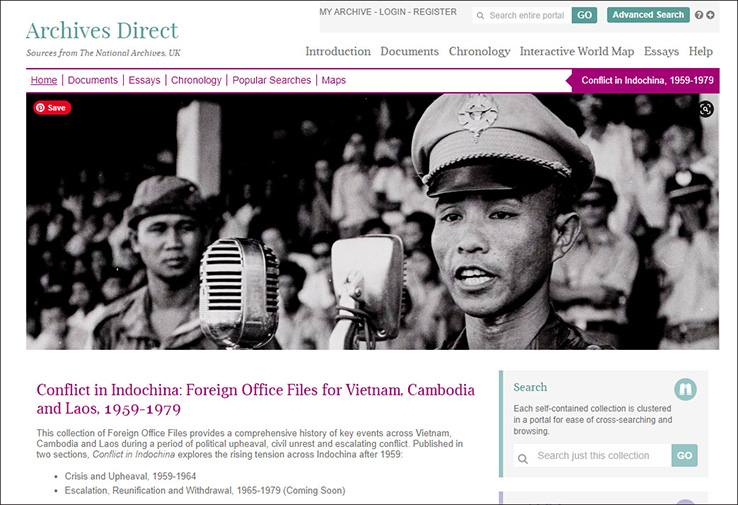
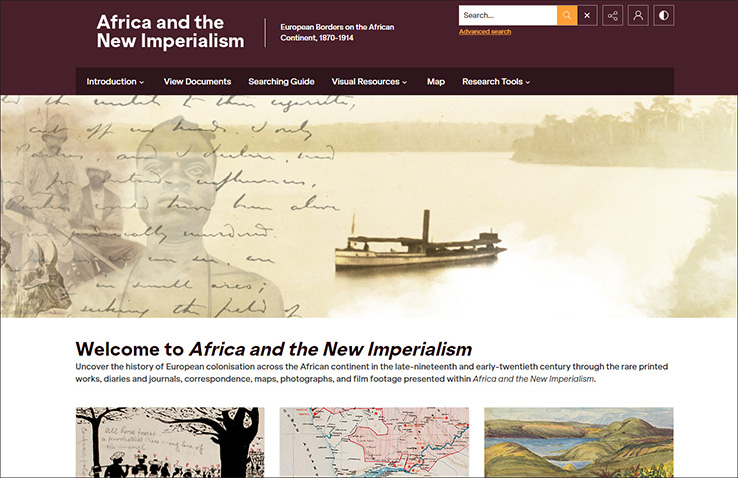
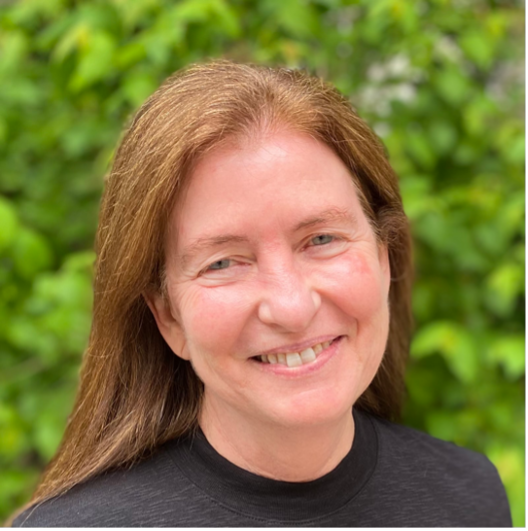
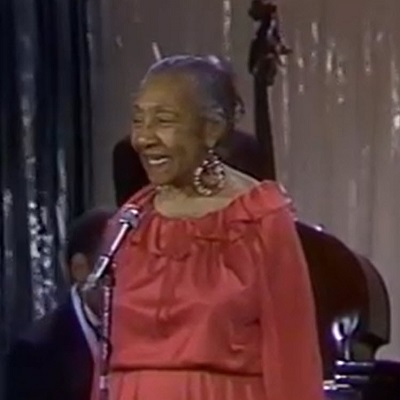
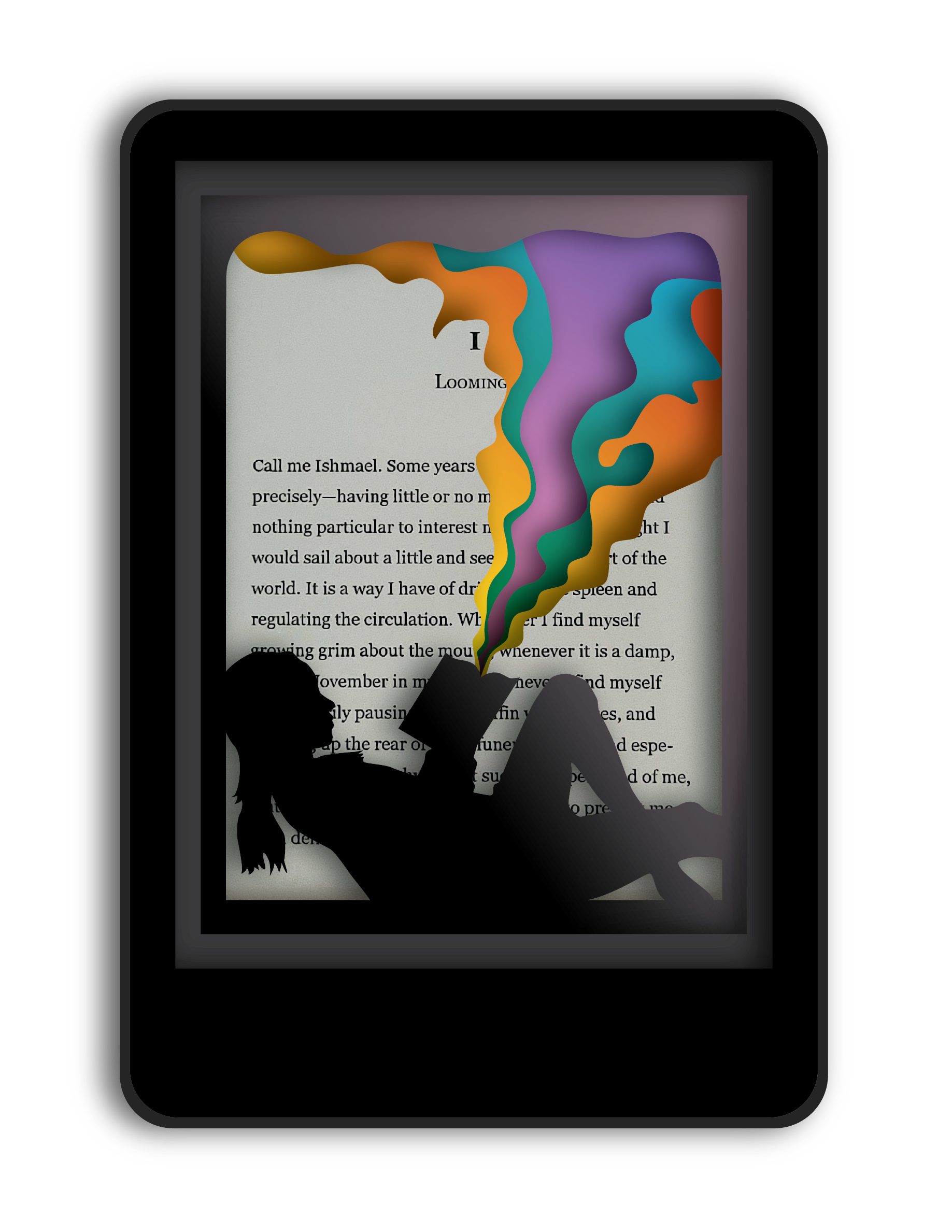

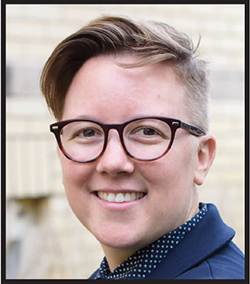
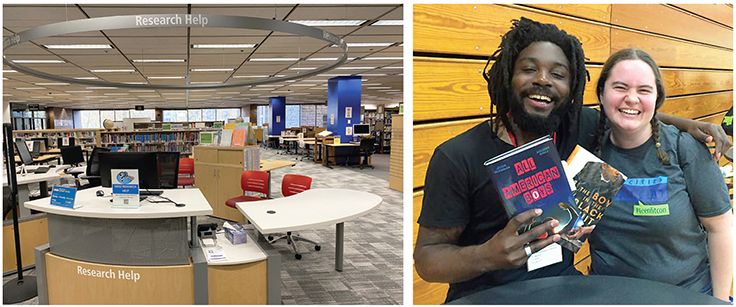

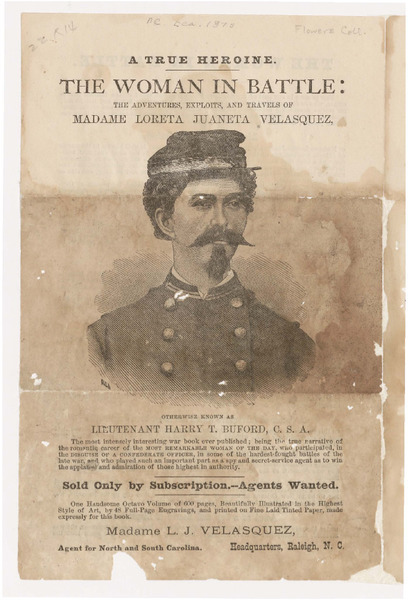
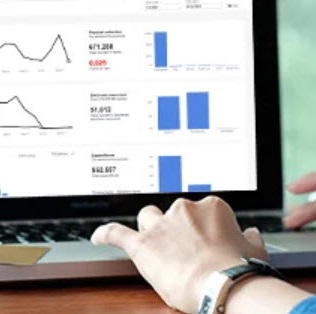
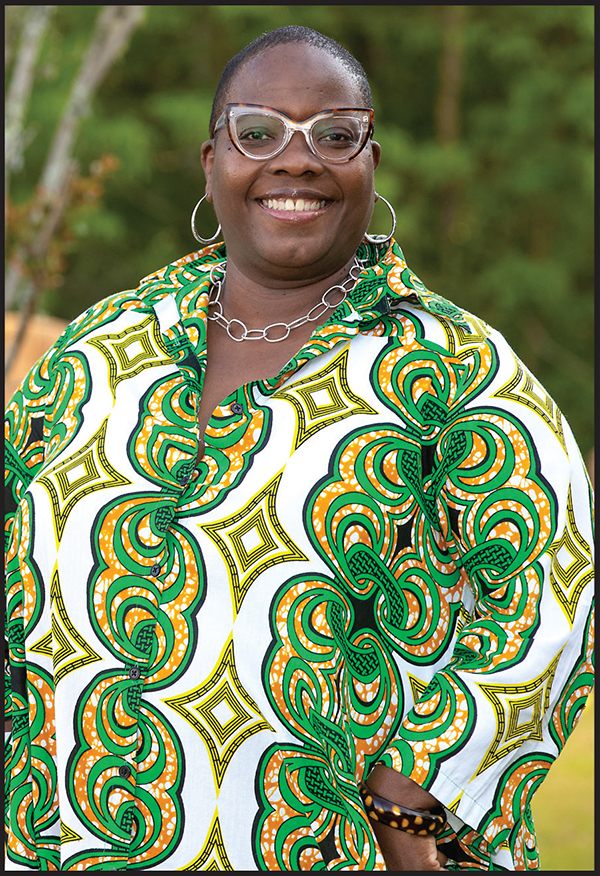
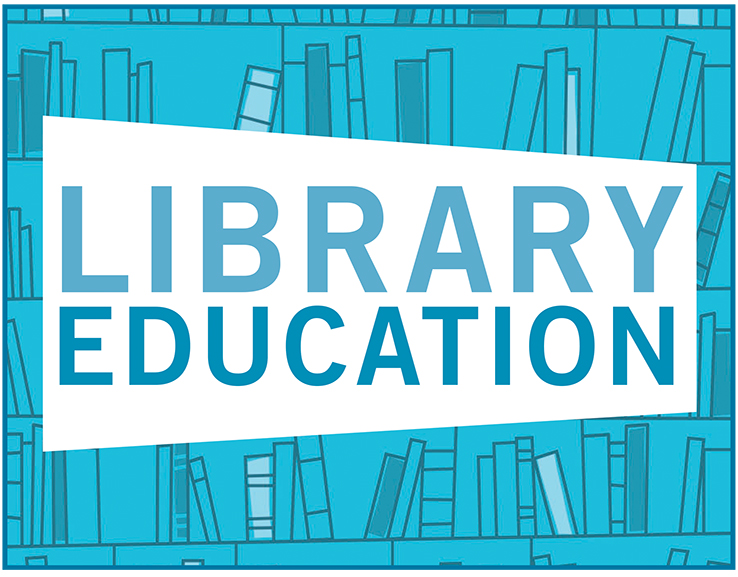
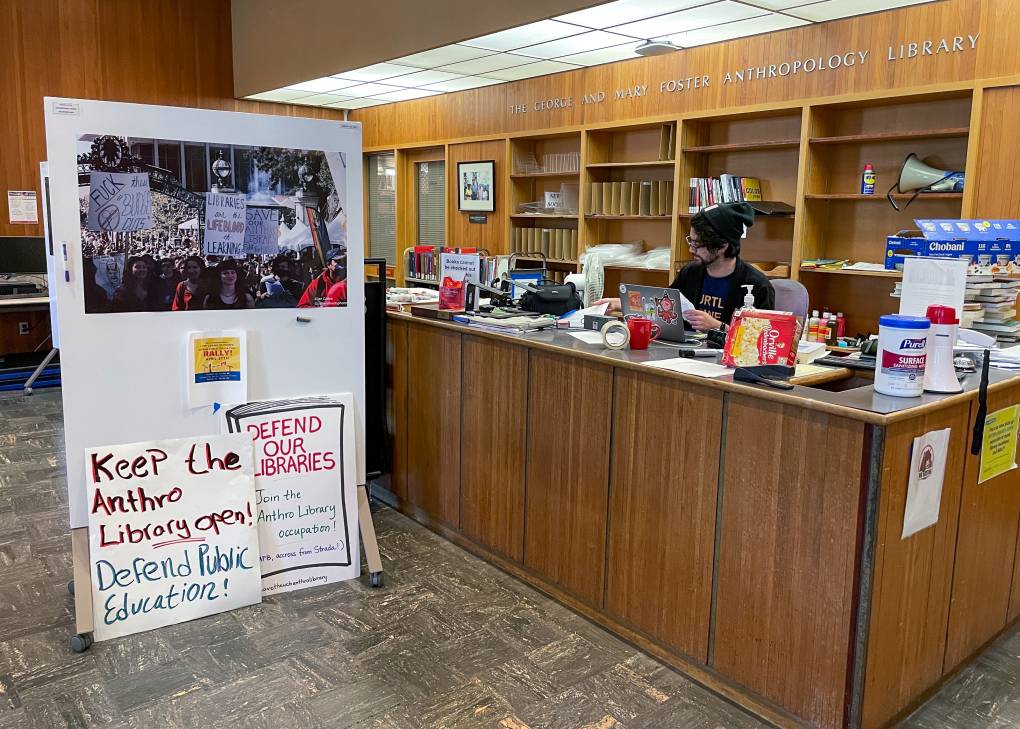

![How Well Do You Know Your Twentieth-Century Literature? [Quiz]](/binaries/content/gallery/Jlibrary/lj-sponsored-images/oxford-university-press/400_2023-05-22_9-05-43_2.jpg)
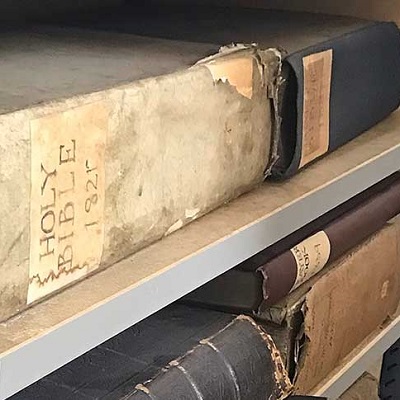
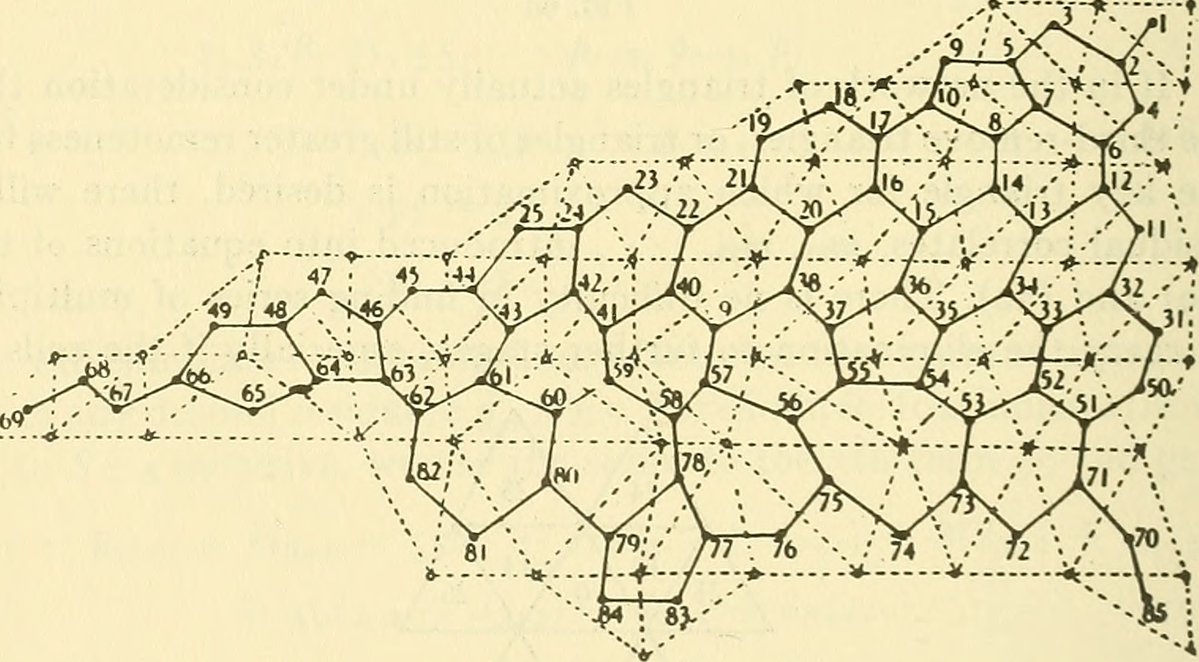
![Digital Dilemmas: Feminism, Ethics, and the Cultural Implications of AI [Podcast]](/binaries/content/gallery/Jlibrary/lj-sponsored-images/oxford-university-press/oxford_1.jpg)
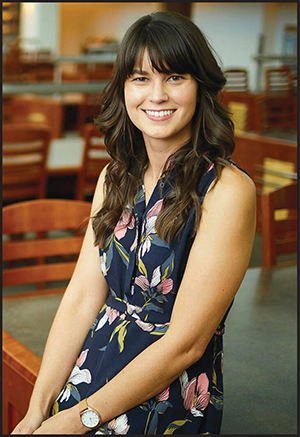
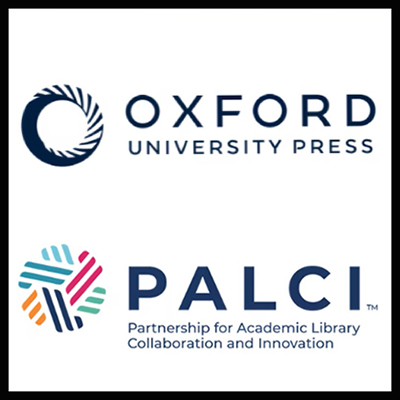
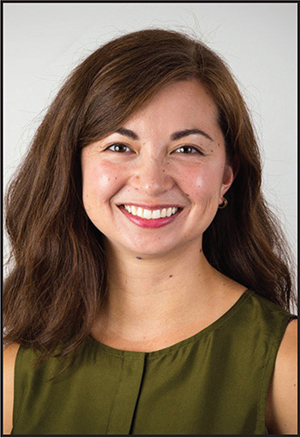
![Women in Sports: Althea Gibson, Billie Jean King, and Their Legacies [Podcast]](/binaries/content/gallery/Jlibrary/lj-sponsored-images/oxford-university-press/feb2023/400_althea-gibson-with-racket-featured-image.jpg)
